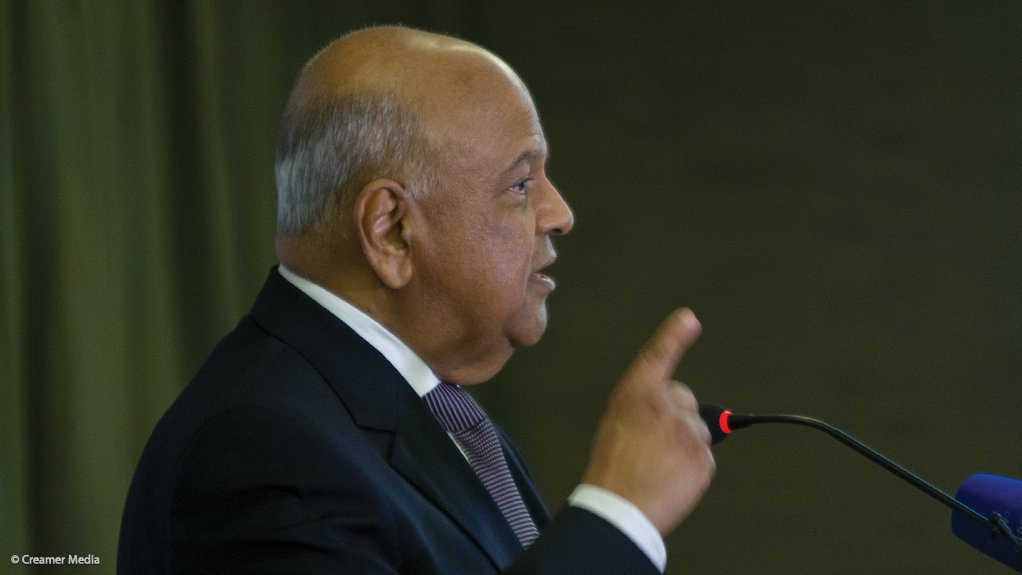Finance Minister Pravin Gordhan has again responded to questions about whether his ‘inclusive growth’ narrative is at odds with the ‘radical economic transformation’ vision being espoused by President Jacob Zuma.
Addressing businesspeople at a function hosted by Deloitte in Johannesburg on Friday, Gordhan argued that transformation had to be seen in the context of efforts to stimulate higher levels of growth. But he also stressed that growth could not be decoupled from transformation, which was necessary to ensure that all South Africans had a larger stake in the economy.
Drawing on the dictionary definition of the word ‘radical’, the Finance Minister said South Africa had to get to the ‘root’ of its economic problems and could, thus, not rely on making only “superficial changes” to the structure of the economy.
Economic concentration should be addressed, along with the country’s ongoing dependence on mining. There was also a need to explore new opportunities in areas such as in the digital and oceans economies, while stimulating new innovation by investing more in research and development. Such “radical restructuring”, he admitted, would take “20 to 30 years” to implement.
The Minister also distanced himself from the current narrow interpretation of radical economic transformation as being a vehicle for enriching a connected elite. “That’s not why we are here . . . it’s about how do you take this whole country forward.”
Instead, he called for a “positive interpretation” of radical economic transformation, whereby “we recognise our own fault lines in South Africa, we recognise that we should not perpetuate them in any kind of way and that we are capable of uniting around a programme” that changes the way South Africa functions.
“Equally important is to get this dynamic right between growth and transformation – the emphasis on either one of them alone is not going to give us, we believe, the answers for the future.”
Fostering a more inclusive growth path was also not a uniquely South African challenge, with the G20 also currently “preoccupied” with creating greater economic fairness, in light of a growing recognition that too many people were being “left behind”.
However, South Africa had the potential to draw on its experiences in consensus building to craft a new inclusive-growth model, much as it did 23 years ago when a new political dispensation was negotiated. “We in South Africa have some fascinating opportunities, just as we did in the early 1990s, to show the world that this model of inclusivity can, in fact, become a reality.”
Gordhan said the model would require “out of the box” or “heterodox” thinking, arguing that it would be necessary to challenge “old narratives” and embrace “different concepts and different models and different ways of looking at the economy”.
It would also require South Africans to become more globally competitive, however. “We have relied for too long on the Mandela factor to punch above our weight. As we mature and as more of our strengths and our weaknesses come to the fore, that factor alone is not going to drive us. We will have to become a lot more innovative, we will have to become a lot more dynamic and a lot more cohesive in order to become a player both on the African continent and elsewhere.”
In addition, a new ethical foundation was required both within government and business to deal with the scourge of corruption and collusion. “We should have a tough dialogue to show we are capable of raising the bar on the kind of ethical code by which we want to operate.”
EMAIL THIS ARTICLE SAVE THIS ARTICLE ARTICLE ENQUIRY
To subscribe email subscriptions@creamermedia.co.za or click here
To advertise email advertising@creamermedia.co.za or click here











